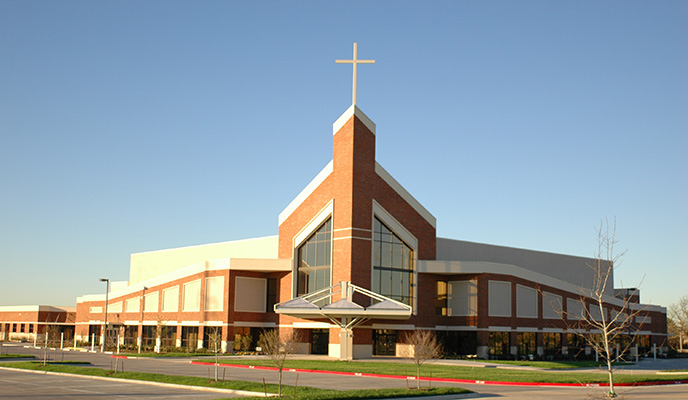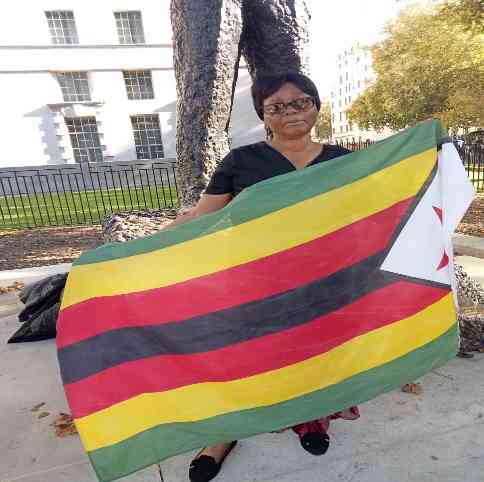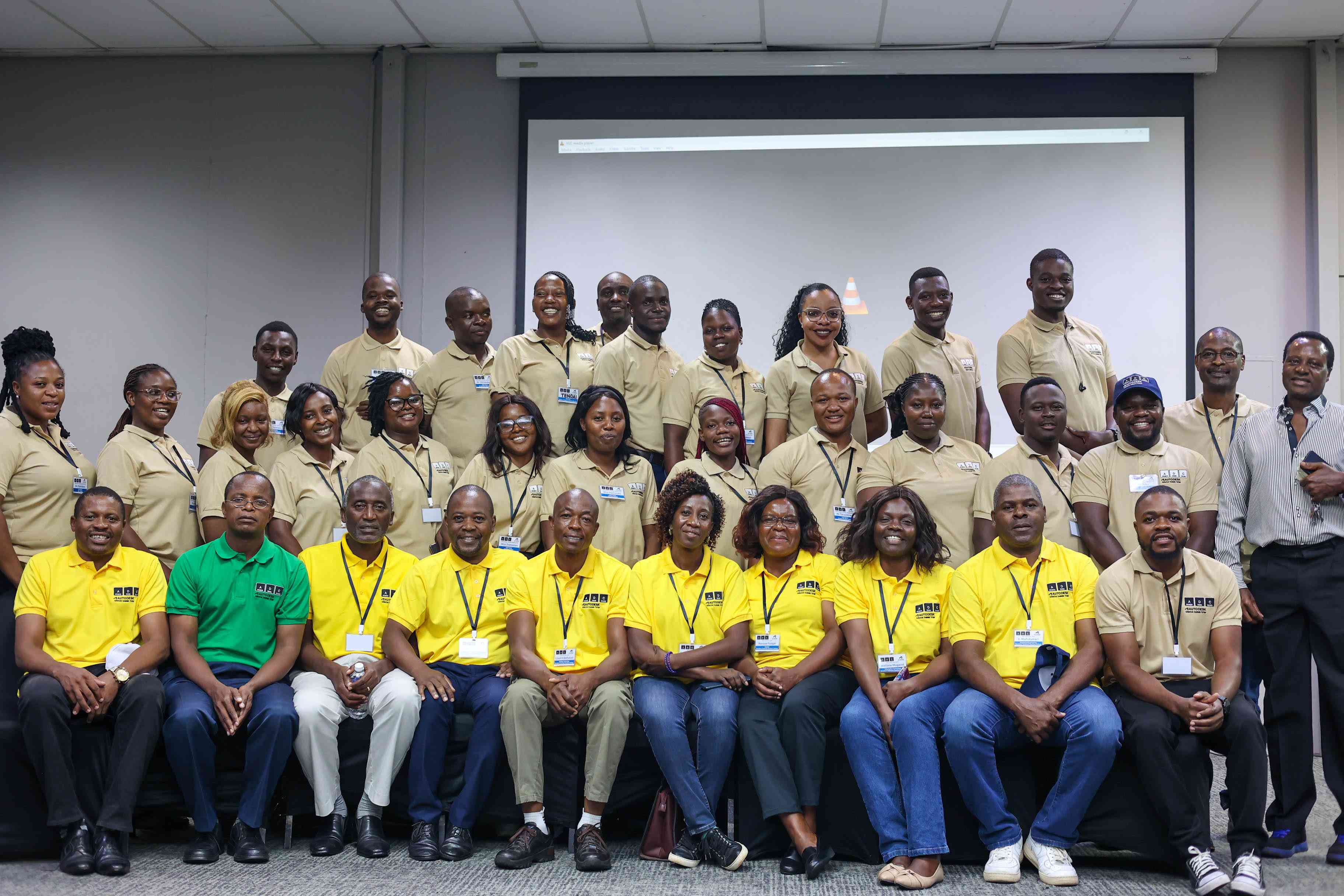
BY BRENNA MATENDERE / RICHARD MUPONDE
CHURCH leaders in Gweru have rejected proposed constitutional amendments and pledged to mobilise their congregants to oppose them ahead of public hearings to be held in the city on March 30.
On Monday, Gweru Urban MP Brian Dube (MDC Alliance), who is also a lawyer, convened a public meeting attended mainly by members of the Zimbabwe Christian Council and the Evangelical Fellowship of Zimbabwe, where he unpacked all the clauses of the proposed Bill.
Critics say the Bill would create an imperial presidency, giving the head of government sweeping powers to appoint judges, extend their terms after reaching the retirement age of 70, appoint the Prosecutor-General, Public Protector.
The Bill also proposes to remove Parliament’s oversight role in deals between government and foreign multilateral institutions and scrap the need for running mates in presidential elections.
Soon after laying out the 27 proposed amendments, church leaders and the public described the Bill as a way of re-introducing the one centre of power perpetuated by the late former President Robert Mugabe since 1980, but was ended by the 2013 Constitution.
Pastor David Chikore, director of the Gweru United Progressive Residents and Ratepayers Development Association, said the nation should not be hoodwinked into amending the Constitution when the majority of its sections have not been put into law.
“We must demand, as citizens, that all the provisions of the current Constitution be put into law because at this moment, that is what matters. How can we be made to start by amending the same Constitution? We are not happy with the clauses of the proposed amendments and pastors should cascade that position to our church congregants,” he said.
- Chamisa under fire over US$120K donation
- Mavhunga puts DeMbare into Chibuku quarterfinals
- Pension funds bet on Cabora Bassa oilfields
- Councils defy govt fire tender directive
Keep Reading
Gweru Ministries Fraternal organisation chairperson Christopher Ncube said the church leaders were going to mobilise their congregants to speak out against all the bad clauses when the Parliamentary Portfolio Committee on Justice, Legal and Parliamentary Affairs visits the Midlands capital for the public hearing.
“What we noticed is that there are several clauses that are bad in the Bill and as pastors, we have a duty to explain these to our congregants. They should come in numbers to speak out for themselves because that is how their voices of disapproval can be heard,” he said.
Dube said globally, constitutions are amended to strengthen them by improving rights of citizens and this was not done often.
“The constitution of the United States was written in 1785 and since then, it has been amended just 27 times to improve rights of citizens and include other racial groups like Indians and black Americans whose rights were not included in the first document. However, we see our Constitution that was made in 2013 having 27 proposed amendments now just to give more powers to one person, the president. It is unacceptable,” he said.
Meanwhile, in statement yesterday, the National Association of Non-Governmental Organisations (Nango) said the amendments weaken the autonomy and professionalism of the vice-presidents “Thus this proposed change weakens the autonomy and professionalism of the vice-presidents, thereby enhancing one centre of power. Clause 9 adopts the provisions of paragraph 14 of the 6th Schedule on matters of succession when president can no longer attend to his/her functions during the term of office. The clause is entirely a new section substituting section 101 of the Constitution. The section gives the political party to which the president belongs, power to nominate a new president to take office given that the vice-presidents would have come in as unelected officials,” Nango said Nango said Clause 10 inserts a new section substituting section 104(3), extending the president’s authority to appoint seven, rather that five ministers or deputy ministers from outside Parliament, giving the president room to increase the number of individuals who enjoy office at his mercy.











